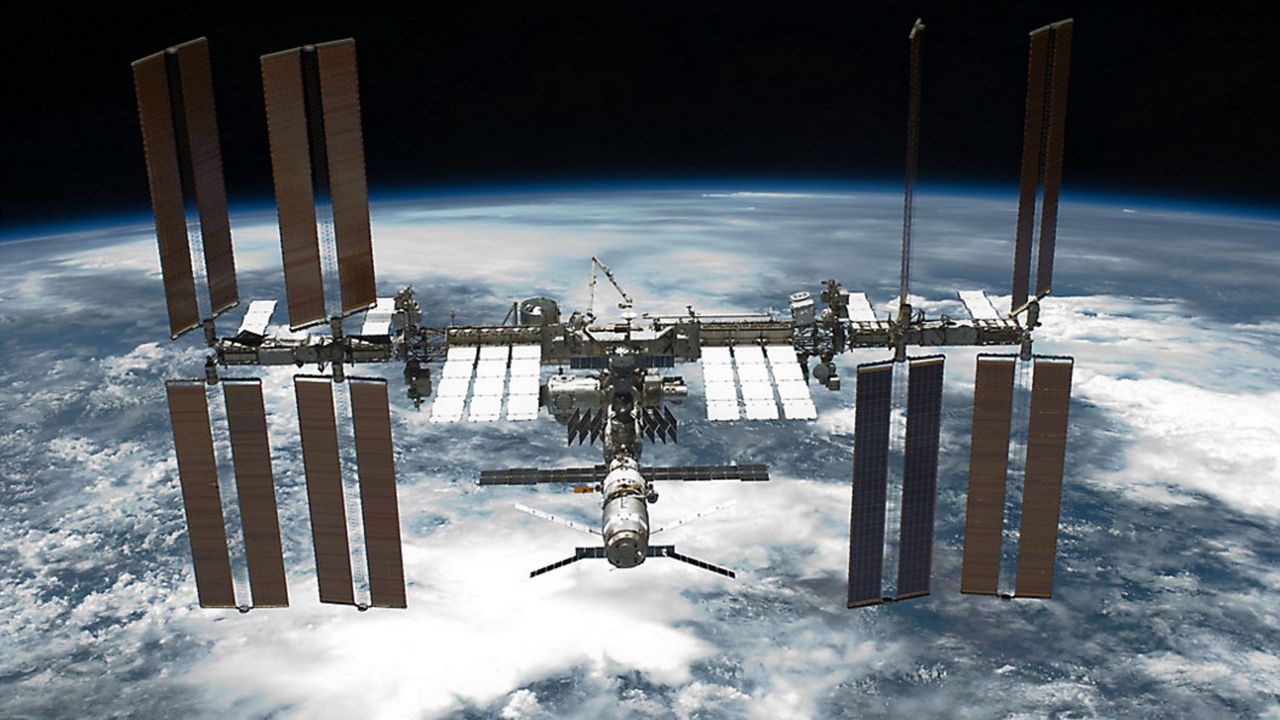CAPE CANAVERAL SPACE FORCE STATION — NASA and Russia’s space agency Roscosmos are at a disagreement over a possible “catastrophic failure” caused by air leaks on a Russian module of the International Space Station.
What You Need To Know
- NASA says leaks could cause a “catastrophic failure” on the ISS
- The leaks have been ongoing since 2019
- Russian cosmonauts have been working to seal the leaks
- 🔻Scroll down to read the report about the ISS🔻
During a recent ISS Advisory Committee meeting, Chairman Bob Cabana said NASA has concerns about the air leaks on the floating science laboratory.
The constant leaks were first discovered in 2019 on the Russian module section of the space station where Roscosmos’ Soyuz space capsule is also docked at.
While still trying to determine the cause of these leaks, a 46-page report “NASA’s Management of Risks to Sustaining ISS Operations through 2030” stated the leak rate has increased since earlier this year.
“However, in April 2024 NASA identified an increase in the leak rate to its highest level to date,” the report stated. Scroll down to read the report.
Cabana said that the leaks are a concern to NASA and that both the U.S. space agency and its Russian counterpart cannot agree to the cause of it.
“Although the teams continued to investigate the causal factors of the crack initiation and growth, U.S. and Russian technical teams, they don't have a common understanding of what the likely root cause is or the severity of the consequences of these leaks," said Cabana, a former astronaut who previously served as associate administrator at NASA. "The Russian position is that the most probable cause of the … cracks is high cyclic fatigue, caused by micro vibrations,”
He added that NASA believes the cracks are caused by a variety of things like pressure and mechanical stress and environmental exposures.
He also said the two space agencies disagree on the severity of the cracks.
“So, while the Russian team continues to search for and seal the leaks, it does not believe catastrophic disintegration of the pair is realistic. And NASA has expressed concerns about the structural integrity of the PrK (the name of the Russian module) and the possibility of a catastrophic failure,” he said during the recording of the meeting.
He continued that NASA is bringing in engineering experts to evaluate and offer suggestions and hopes that Roscosmos will do the same.
Spectrum News reached out to Roscosmos for comment and is awaiting a reply.
The International Space Station has had a crew of astronauts onboard continuously since 2000 and it is set to be de-orbited in 2030 by SpaceX. The floating laboratory will crash into a remote part of the Pacific Ocean.
There are currently seven people onboard the space station.



